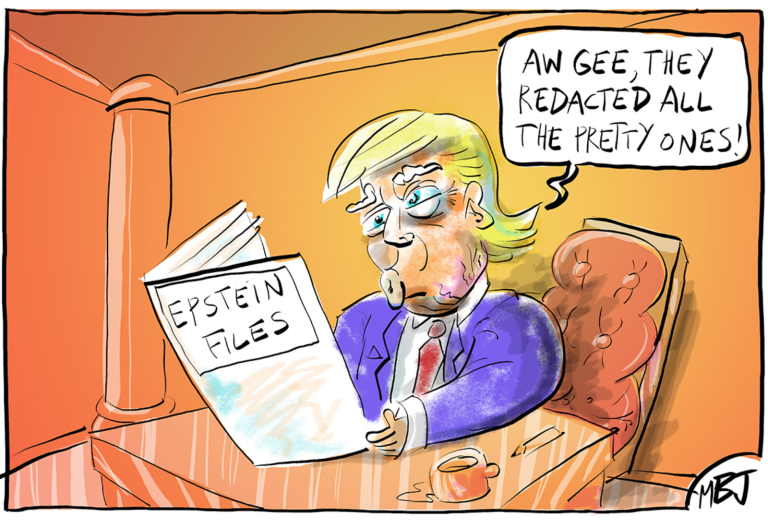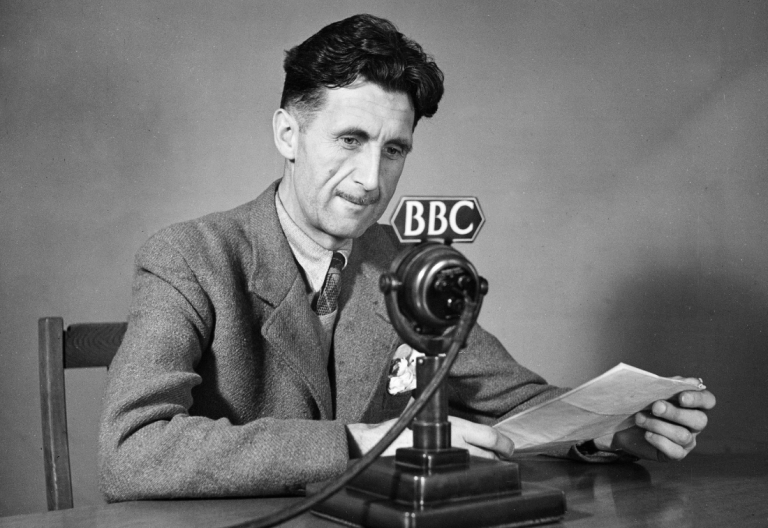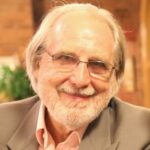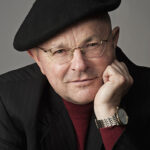Welcome to Rationale
FEATURED
Thinking clearly about Iran
By Paul Monk
How are we to think rationally and clearly about the drama unfolding in Iran? As a veteran historian and analyst of international affairs, I was asked to give an address on this topic on 11 February, the anniversary of the downfall of the Shah of Iran in 1979. The following column is a digest of my address on that occasion – about a quarter as long.
Within a matter of days last month – 8-10 January – the paramilitary forces of the Iranian theocratic regime, the Iranian Revolutionary Guard Corps (IRGC), are reported to have shot dead tens of thousands of unarmed civilians protesting against the regime’s character, policies and lack of redeemable legitimacy.

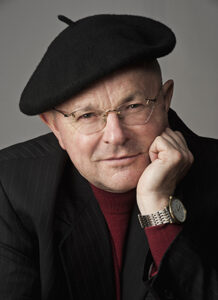
"In Iran right now, the IRGC is plainly very unpopular. But it has exhibited a ruthless will to survive. There is one thing we can now be confident about, however. There is a very substantial constituency in Iran for a post-theocratic, modernising and tolerant political and social order."
Paul Monk
LATEST ARTICLES
Living with ‘AI anxiety’
Grant Blashki
01/03/2026
A patient said to me the other day, half-smiling but clearly unsettled: “I think I’ve got anxiety about AI.” They ...
Continue reading →
How climate scientists balance the tension between research and public protest
Samuel Finnerty
24/02/2026
From marches and demonstrations to civil disobedience, scientists are increasingly turning to climate protest. As a social psychologist, I’ve been ...
Continue reading →
Thinking clearly about Iran
Paul Monk
19/02/2026
How are we to think rationally and clearly about the drama unfolding in Iran? As a veteran historian and analyst ...
Continue reading →
MBJ’s view
Matt Bissett-Johnson
15/02/2026
See current affairs through the eyes of cartoonist Matt Bissett-Johnson. Published 15 February 2026.
Continue reading →
Orwell’s desire for a new way of thinking about science
Robert Colls
12/02/2026
In October 1945, George Orwell responded to a letter from Mr J Stewart Cook in the leftwing weekly newspaper Tribune ...
Continue reading →
Being child-free is not selfish
Rationale Magazine
07/02/2026
Editor’s note: If you would like to submit a letter for possible publication, please email it to editor@rationalist.com.au. See our ...
Continue reading →




